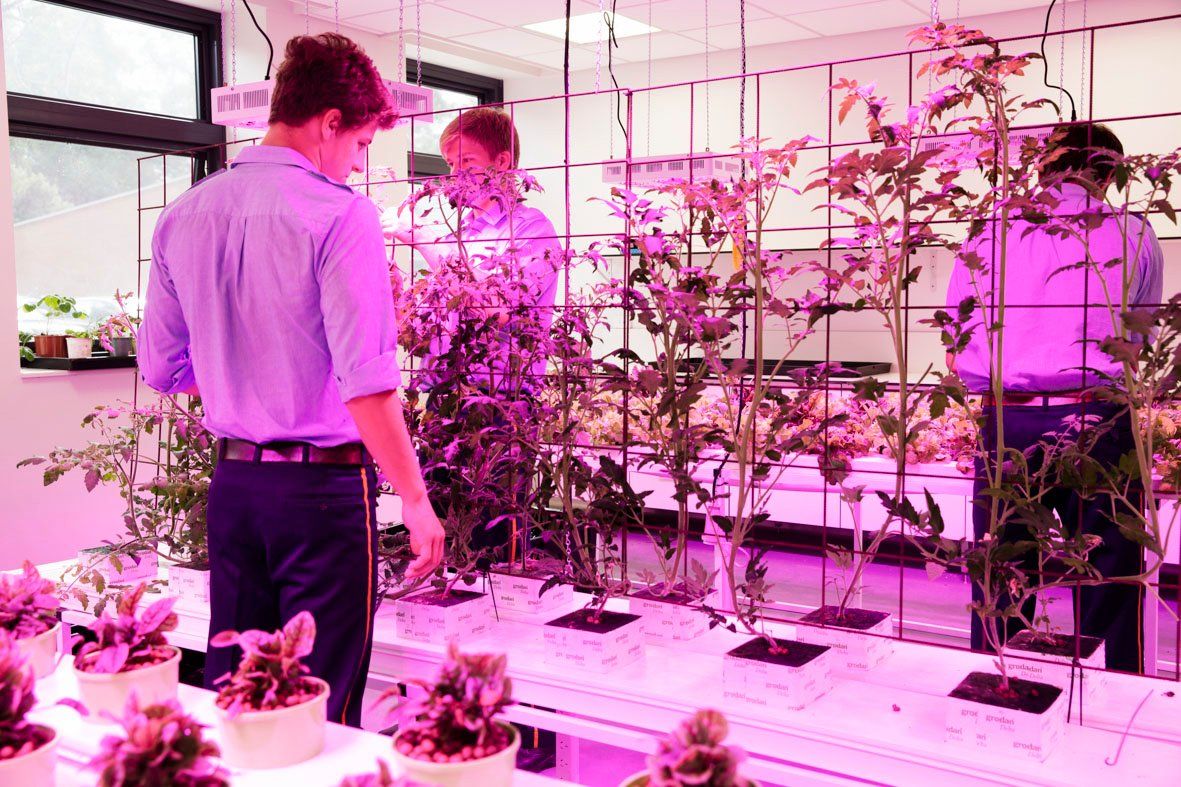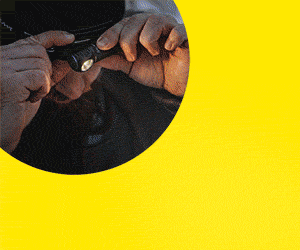1MG FlippingBooks
A history of education with an eye on the future of food security
The King’s School is Australia’s oldest independent school, founded by the Royal Decree of King George IV in 1831. When it opened its doors in February 1832 at the eastern end of George Street in Parramatta, in a modest building down by the river, three little boys – James Staff, and James and Ebenezer Orr - turned up to start a legacy.

There should have been a fourth boy – George Fairfowl Macarthur, who would become a future head of the school – but he was struck down with bronchitis. Young Macarthur was grandnephew of the great pastoralist John Macarthur, the Macarthur family immediately bestowing onto the school via their patronage the antipodean culture and values that comes from boarding and farming heritages.
Upon the school’s opening, Archdeacon William Grant Broughton declared “The education received in The King’s School is not for the exclusive benefit of those upon whom it is bestowed, but for that of the entire community”.
185 years on, The King’s School remains true to its founder’s ambitions.
Antipodean Experience
The character, culture and nature of The King’s School remains authentically Australian. Newly commissioned as 20th Headmaster of the school, Mr Tony George describes his perspective on the school in the twenty-first century:
“If we are authentically Australian, in this century that can mean many things – Indigenous Australian, white Anglo-Saxon rural Australian, new Australian-born Chinese, third generation Australian merchants. ‘Australian’ becomes a very racially-oriented term under those circumstances.
“If we use the term ‘antipodean’ we immediately relate to that sense of people of Australia and New Zealand being people at the opposite end of the world. Outdoorsy, problem solving, adventurous, as comfortable outside as much as we are comfortable inside. Something that’s earthy and grounded in our antipodean lifestyle.
“I think that when the world today is looking to Australia, it’s that antipodean experience that they want from an Australian education. King’s, of all the schools available in Australia, is uniquely placed to offer that authentic antipodean grounding to humanity”.
As Comfortable in the outback as the Boardroom
The King’s School has remained true to its founding heritage. These days, the school has the capacity to enrol as many as 400 boarders in a total population of 1800 students at its North Parramatta campus. This population expands by another 100 boarders and 200 day students at the Tudor House campus at Moss Vale in regional NSW.
“With the 360 acres at North Parramatta, 160 acres at Tudor House and a further farm of 13000 acres in Futter Park at Harden in NSW, there are very few schools that are positioned with that kind of heritage,” says Tony. “This means our students are just as comfortable in the outback cattleyard as they are in the city boardroom.”
An Education in Food and Agriculture
In his contemplation of a vision and strategy for the future of the school, Tony George says that it’s not difficult to suppose that The King’s School must continue on its established trajectory.
“Australia is still a very rural country – our aggregate agricultural production is in the top five exports for this country, along with education,” says Tony. “To be Australian, to be antipodean, is to have an understanding of the grounding and foundation of our economy. We need to be sensitive and informed about where our food is coming from and where our school is going to.
“The challenge for King’s presently is figuring out who we are, versus who we might be.”
The King’s School is committed to a new partnership in education and private enterprise known as ‘The Future Project’. The Future Project is about enriching the study of sciences, technology, engineering and mathematics by partnering with universities and private sector research firms to allow King’s students to work on genuine research projects designed to solve problems and create a sustainable future.
One area of study being undertaken in The Future Project is in food sustainability. Sydney-based scientific research company Quantal Bioscience and King’s students of have been working on a study of the effect of supercooling on the shelf life of foods.
The study hopes to discover the next generation of food preservation techniques without resorting to chemical imbalance. The study is in its early days and early results, while optimistic, need further work.
A Future in Food Security
Headmaster Tony George sees this as the path The King’s School can travel down as it considers how education might have an impact for the good of society.
“We should be considering if we extend this notion emerging from The Future Project and take it to its fullest extent. We should have a greater emphasis on education in food production and security as a holistic focus of our education offer,” says Tony. “Our boys don’t all need to be in agricultural classes, but boys studying economics can place emphasis upon the role of food production in our economy and in the world economy, for example.
“It’s not unrealistic to consider that at some point King’s might develop its own food precinct with faculties dealing with food security and agricultural economics. We can offer residential education in these disciplines right now, either here at Parramatta or at Tudor House. What is certain about our future is that a King’s education will continue to be is not just for the exclusive benefit of those upon whom it is bestowed, but for that of the entire community.”














